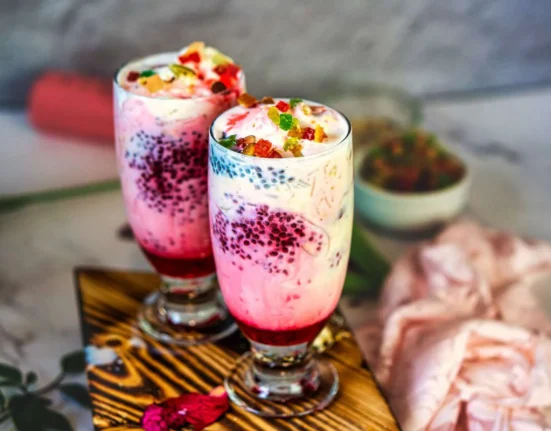Introduction
The human microbiome is a bustling ecosystem teeming with trillions of microorganisms, including bacteria, fungi, viruses, and other microbes, that live symbiotically within our bodies. This complex and dynamic community plays a crucial role in maintaining our health, influencing everything from digestion to immunity. Understanding the human microbiome is like exploring a new frontier, offering insights that could revolutionize medicine and personal well-being.

What is the Human Microbiome?
The human microbiome refers to the collection of all the microorganisms living in association with the human body. These microbes are found on the skin, in the gut, mouth, and other parts of the body. The gut microbiome is particularly significant due to its extensive role in health and disease. It is estimated that the human body hosts as many microbial cells as human cells, making us essentially superorganisms.
The Role of the Microbiome in Health
- Digestion and Nutrition: The gut microbiome aids in the digestion of food, helping to break down complex carbohydrates and fibers that the human digestive enzymes cannot handle. It also synthesizes essential vitamins and amino acids.
- Immune System Regulation: Microbes interact with our immune system, training it to distinguish between harmful and benign entities. This interaction is crucial for preventing autoimmune diseases and allergies.
- Mental Health: The gut-brain axis is a communication network linking the gut and the brain. Microbiome imbalances have been linked to mental health issues such as depression and anxiety.
- Protection Against Pathogens: Beneficial microbes outcompete harmful pathogens, reducing the risk of infections. They also produce antimicrobial substances that inhibit the growth of dangerous bacteria.
Factors Affecting the Microbiome
- Diet: Diet is one of the most significant factors influencing the microbiome. A diverse and fiber-rich diet supports a healthy microbiome, while a diet high in processed foods and sugars can disrupt microbial balance.
- Antibiotics: While antibiotics are crucial for fighting bacterial infections, they can also wipe out beneficial bacteria, leading to dysbiosis (microbial imbalance).
- Lifestyle: Factors such as stress, sleep, exercise, and hygiene can impact the composition and function of the microbiome.
- Environment: Our surroundings, including the people we interact with, pets, and the places we live, also shape our microbiome.
The Future of Microbiome Research
Advancements in microbiome research hold promise for personalized medicine. By understanding an individual’s unique microbiome, treatments can be tailored to optimize health outcomes. Probiotics and prebiotics are already being used to support gut health, and future therapies might include microbiome transplants or engineered microbes designed to perform specific health functions.
Conclusion
The human microbiome is a fundamental aspect of our biology, influencing numerous physiological processes. As research progresses, we are uncovering the intricate ways in which these microorganisms affect our health and well-being. Embracing this knowledge can lead to better health practices and innovative treatments, making the exploration of our body’s ecosystem an exciting frontier in science and medicine.
Please Stay Connect with us at SkillSphare.com

Kavita Singh, a veterinary medicine student with a diverse educational background, brings a unique perspective to science writing. She covers science and know-how articles for SkillSphare, delivering engaging content that reflects her deep curiosity and love for nature. Her unique blend of expertise and passion ensures that her writing is both informative and captivating.







